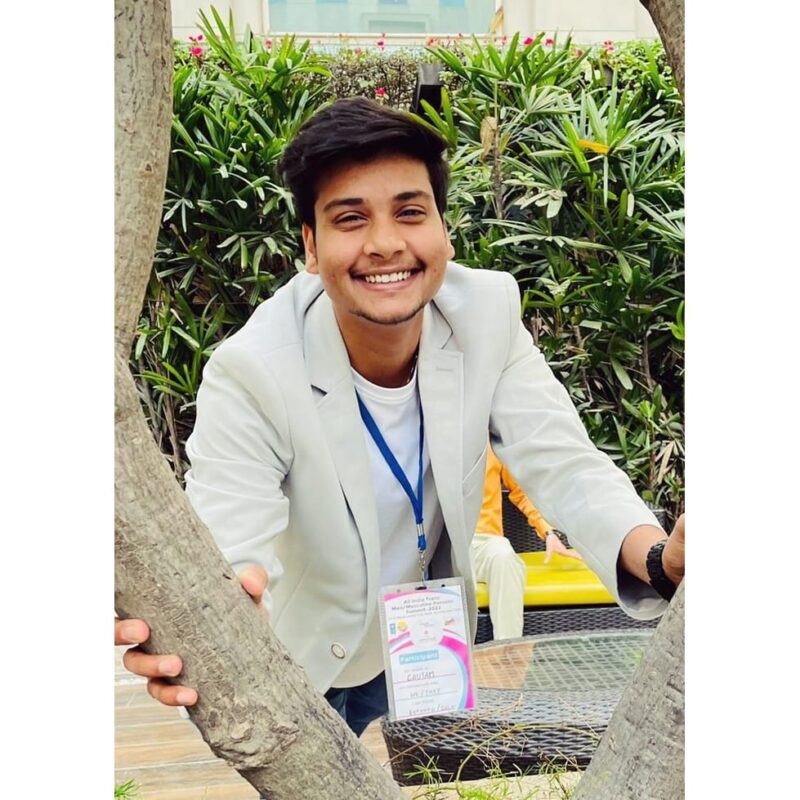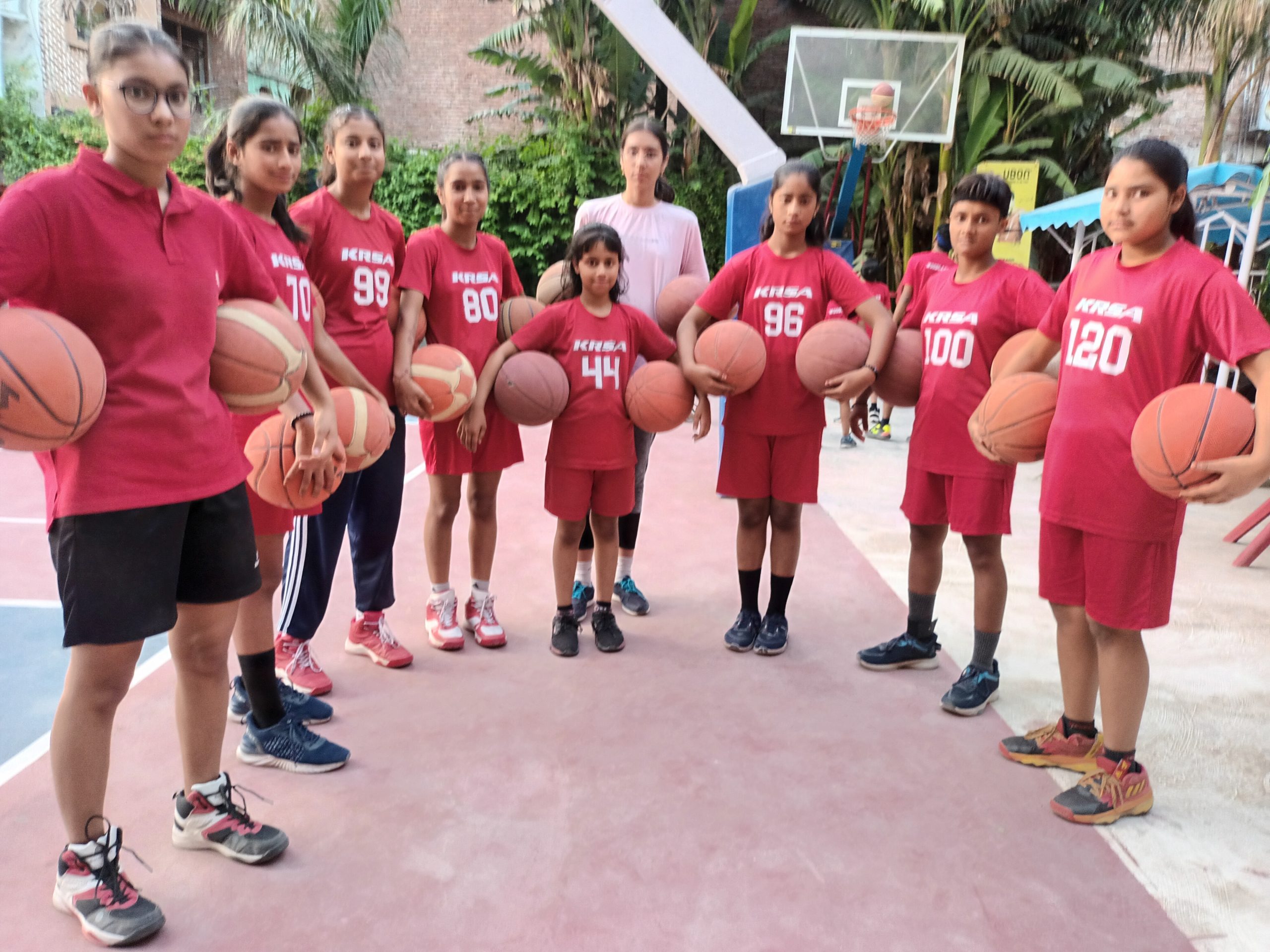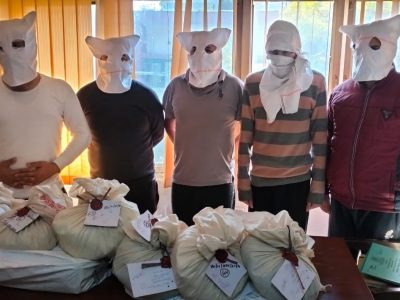“I have to tolerate giggles and laughs every time I ask for dilators. The shortage of dilators (post-operative kits used to gently stretch the vagina after construction) is a hassle. They are very fragile and tend to malfunction very fast”, says Trina, who has recently undergone the surgery.
Getting a gender reaffirmation surgery might seem easy in the national capital with numerous hospitals and clinics ready to do these surgeries. However, the absence of safe spaces and trans affirmative staff even at the elite private hospitals makes it difficult to access the facilities.
Sex Reassignment Surgery (SRS), also called gender reaffirmation surgery, is the procedure that changes genitalia from one gender to another. Not many Indian doctors specialize in this work and they are usually attached to very expensive private hospitals. Those who can afford it fly to other countries like Thailand, which are said to give better results.
The lack of trained medical personnel in India hinders the dreams of many transgenders who are awaiting the surgery. That is why not everyone in the community manages to get matched with their gender identity.
Though central and state governments have talked about insurance plans and reduction in the cost of these surgeries, in most cases, it remains just on paper. Patriot talks to a few people from the community to understand the reality of SRS in India.
Specialized skill
“The main issue surrounding gender-affirming surgeries in India is the accessibility to good doctors”, says Gautham, a transmasculine person. “There aren’t many good doctors that are skilled as well as trans affirmative. Even if we have them, they are in metros or Tier I cities. We have to travel to those bigger cities to get surgeries done.”
He adds that even if there are good doctors in smaller cities, in most cases, there are many post-operative problems.
“It’s a little tough to go to hospitals and ask for accessibility of such surgeries and hormone replacement therapy just like that”, says Himanshu, who came out as a trans woman earlier this month. “In small cities, it is hard to imagine a future where everyone has access to such facilities”, they add.
One procedure that is accessible for trans feminine people is breast implantation, says Kris, a trans man. Most plastic surgeons have the skills. It is expensive, but people have access to enough doctors to be able to get it done.
“Bottoms are a whole different issue. Very few doctors will consent to do the relevant procedures even if they know how to do it. So we have a handful of doctors who can actually do it well. Only one or two have long experience”, adds Kris.
“There are doctors who perform phalloplasty (creation of penis and related surgeries: female-male), but it might take 3-4 correction surgeries to get it done, and the cost may go up to Rs 8-10 lakh”, says Gautham.
When asked about government hospitals, he is sceptical about the outcome. In fact, he alleges, “Even if government plastic surgeons and urologists claim that they will perform it, there is absolutely no guarantee that any of the surgeries will be successful, and you’re going to end up mutilating your body. It will not be a successful surgery.”
Most trans people say that while zeroing in on a doctor, the most crucial criterion is track records and success rates, because the process is very risky, and at times, correction surgeries are required.

Information gap
Trina, who underwent the surgery in January 2022, says that the major accessibility issue that she has faced is the lack of information. Very few trans women can be found who will put reviews on record or reveal their experiences with doctors.
“All doctors have their own pre-surgery requirements”, adds Trina. “Then there is lack of information on post-surgical care. Also, one is not sure about the quality of hygiene and care at these places and whether they will give proper discharge summaries. As a trans woman, I also have to be very careful about the place being trans-friendly, which again is hard to identify in certain places before actually going in.”
Exorbitant costs
Another hurdle that transgenders have to overcome if determined to go for SRS is money. Due to the insensitive behaviour of personnel at government hospitals, many turn towards expensive private hospitals.
“Since there are very few doctors and they can command high rates, it is a monopolistic market,” points out Gautham. “When a trans man approaches for a hysterectomy, the price is around Rs 70,000-80,000, whereas the same surgery costs Rs 40,000-50,000 for a cis female”, he remarks.
He further says that doctors create packages for the surgery like clubbing hysterectomy and mastectomy together. To reduce costs, many agree to this. What they are not told is that having surgeries together takes a toll on health. Even for treating gender dysphoria (GD, a sense of unease), doctors charge a lot of money.
Insurance plans
In 2020, the Ministry of Social Justice and Empowerment started a programme called Support for Marginalised Individuals for Livelihood and Enterprise (SMILE). It has a component named Garima Greh that provides basic amenities like shelter, medical care and recreational facilities for transgenders.
“So this portal is for the transgender people, by the transgender people, of the transgender people,” explains a trans woman who is a medical professional. “This is a portal where you have to register yourself without being scared of anything. There are specific guidelines in the portal for creating the affidavit and getting your trans genger card (TG)”.
She elaborates that once the application is done for the transgender identity card and a certificate, within 30 days, it will be signed by the District Magistrate of where you’re residing. Then all legal documents can be prepared.
The good thing is once the card is issued, a lot of opportunities will be available. For students – whether undergraduates or in school – scholarships can be availed. When the card is obtained through the SMILE program, medical insurance of Rs 5 lakh per year can be obtained for gender affirmation.
However, when Patriot contacted the National Portal for Transgender Persons under the Ministry of Social Justice and Empowerment, the official said that the Ayushman Bharat TG+ is not launched yet and it’s under process.
“It is a great project; to avail it, one must have a TG card and be part of Ayushman Bharat. I haven’t heard of anyone who has access to this free service from the government. The reason is, getting a TG card is not an easy process, unless you’ve resources and contacts in the government”, says Gautham.
He further says that the government has announced the plan, but there is no use to it if no one can access it.

Not so easy
“Since getting the surgery is a tedious process, many trans people like me have social anxiety”, adds Gautham. “It is hard for them to go to the government hospital 10-12 times and explain the matter every time. It is better to wait a few years, get some money and get the procedure done in one go.”
“A major part of the transgender community doesn’t want T marker in their documents. They prefer either male or female. And some of us already have that done as per the old NALSA judgment. Now according to the law, we are excluded from the benefits of this program”, says Trina when asked about the SMILE program.
She further explains that, according to the new transgender laws, one has to go through vaginoplasty and have a certification from the doctor to change their marker to male or female. So persons who want to get male or female markers have to go through the process of getting TG markers, then get the surgery and then again go through the same humiliating and harassing process of document change – to change the marker from TG to male or female.
“It is only focused on trans women who beg. There are so many trans men and trans women in different walks of life. This scheme does not clarify how they could use this benefit”, adds Trina.
Crowdfunding
“This is the only way of getting funds as these surgeries cost a lot. I think Milaap is the safest bet. But there are issues with their working”, says Trina. “They force their percentage cut on you. Once you try to transfer the funds to your account, they have this hidden option to uncheck their cut which you have to really know where to find and uncheck it. This cut is not the cut they generally charge on the whole amount, this is on top of that. Also, funds in dollars don’t get encashed in your bank account.”
According to Kris, there’s been a lot of change in non-profit funding at the central government level. Foreign Contribution Regulation Act (FCRA) rules have changed, so the direct funding, legalities and taxation rules have also changed. Because of that, they are not able to get international funding to the core surgery effector.
Even if someone donates via Milaap to you, you are not able to access that money anymore because of the FCRA rules.
“Similarly, what happens is that they require a lot of documents with regard to who is this person who is getting the surgery, who is going to be benefited, what happened with transcripts and documents without names with gender markers”, adds Kris.
She further points out, “All of these documents don’t tend to match, because you change your name and the person’s gender marker screen doesn’t match. Since you moved out of your home, you don’t have a permanent address. You don’t have documents to prove all of these issues. It’s really difficult to get money from Milap and Ketto now, whereas it was fine a year ago.”
Transphobic mentality
“We have a subject called Community Medicine”, says a trans medical professional who prefers anonymity. “In this, we are taught all the health programs and all those schemes of the government. But when you’re taught about Ayushman Bharat, we were not taught that transgender people are one of the beneficiaries.”
She further says that the textbooks of medical students are transphobic. These textbooks have been in use for several centuries. Lack of awareness and ignorance are the root cause of everything.
“I am a medical student. And we’re taught very queerphobic content here. So there are times when people like my colleagues, seniors or doctors say things that are very problematic you know, and then you don’t have any option to counter because I am a junior and I’m still a student. I am even afraid of going to the hospital and accessing gender affirmation surgery”, adds Himanshu.
“At times, there are issues of moral policing attached to it. In certain places, the doctors question the decision of the patient”, says Kris.
Box: Personal account
“I’m feeling lighter in heart, but the battle is still on. Just the opponents are different now”, says Trina. She had her gender affirmation surgery (vaginoplasty and breast augmentation) at a private hospital in Delhi. “There are different types of GRS. Depending on what you want in the future, the doctor will suggest to you which one would be best for you”, says Trina.
Based on the chosen surgery variant, the doctor will see the reports and inform you if you are fit or not. If found fit, they will give you a date for the surgery at your convenience. Complex surgeries have more physical requirements and their dates also come with a wait time. She says that money is a factor in these private hospitals, and discrimination based on the financial background is common. Also, these hospitals don’t allow patients to take pictures of the legal documents.
“The patient is forced to write in their own handwriting that we wanted to be a man or woman since birth and my life was miserable and so on and so forth, which is not completely true and is very triggering. They also force you to sign a consent form which gives them permission to use your videos and photos for educational purposes”, adds Trina.
Gautham, who has undergone mastectomy, is satisfied with the surgery. “But the fact that the hospitals take ‘Before’ and ‘After’ pictures isn’t comfortable, I wasn’t told that they’ll take my pictures”, he complains.

Trina further says, “The food and hygiene are really good here compared to that in other places. The doctor is the most experienced in this country so I couldn’t ask for a better deal”.
She says that a lot of research has to be done before the surgery, although there are not many options right now. Every doctor has their own procedures and each one has to choose which one will be right for them, depending on their lifestyle. Additional funds would be needed for post-op medical expenses.
So what advise would she give others? “I would suggest keeping aside double the money of your surgery cost. It’s hard and expensive to find trans-friendly, safe and hygienic spaces to stay in. Keep a therapist ready for post-operative trauma therapy, and be with a trusted friend or family”, says Trina.
“It will be a challenge mentally and physically to go through the pain and discomfort post-surgery for so many days. Stack loads of sanitary pads, panties, toilet paper and tissues. Talk to other trans women who have undergone surgeries and listen to as many as you can. This is a trans woman’s point of view, trans men go through different experiences”, adds Trina.
According to her, the post-surgery care is a bit lacking. Apart from the main doctor, none of the other self-proclaimed assistants have any clue about a transgender body or person.
“Post-surgery trauma is real: pain, discomfort, frustration, exhaustion and mental health issues are very common. It is a very slow healing process; be very patient and careful. It is very important to know the new body and its functions. Have to focus on saving more money in case more corrective surgeries are required”, she concludes.
For more stories that cover the ongoings of Delhi NCR, follow us on:
Instagram: https://www.instagram.com/thepatriot_in/
Twitter: https://twitter.com/Patriot_Delhi
Facebook: https://www.facebook.com/Thepatriotnewsindia





